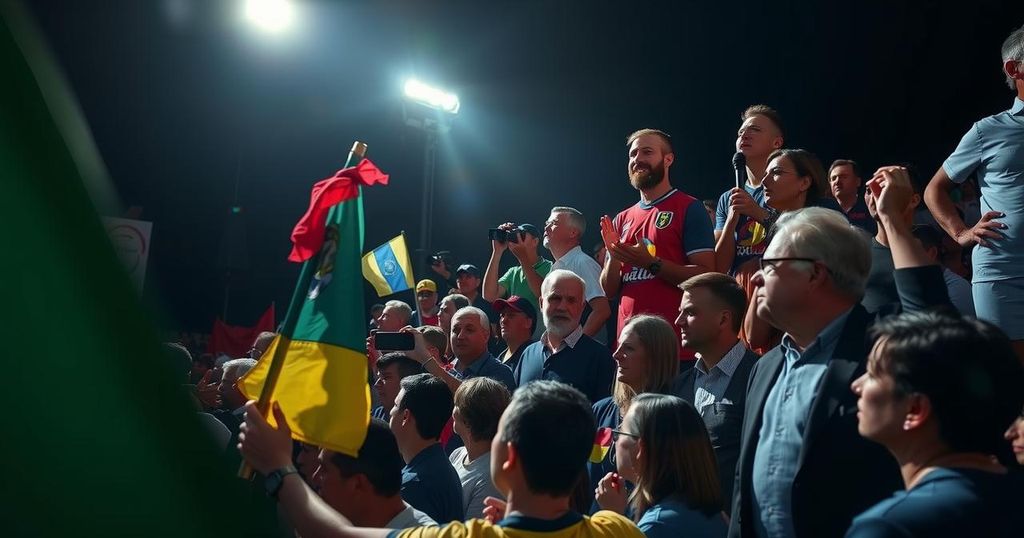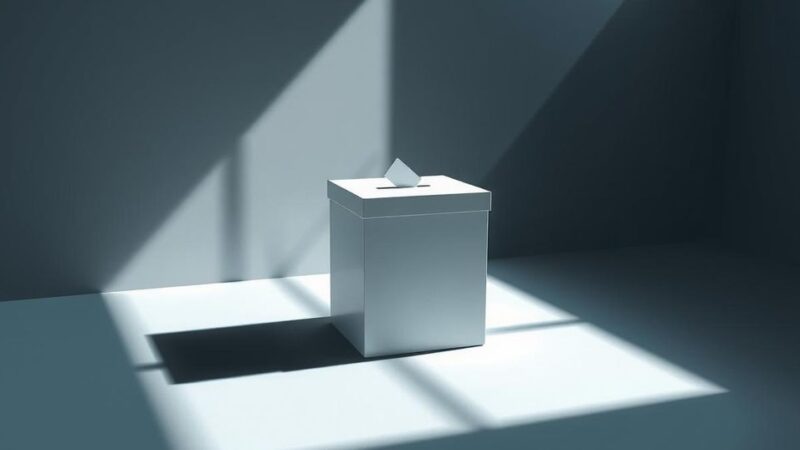Uruguay’s presidential runoff features Álvaro Delgado of the National Party and Yamandú Orsi from the Broad Front in a closely contested election, following the previous round where Delgado secured 27% and Orsi 44%. With rising crime concerns and undecided voters posing challenges, the candidates offer contrasting policies on governance and social issues, reflecting the evolving political landscape.
Uruguay is poised for a pivotal second round of presidential elections, as citizens cast their votes amidst an exceptionally close contest between incumbent candidate Álvaro Delgado of the National Party and his challenger, Yamandú Orsi from the leftist Broad Front. This election unfolds after a previous round where the conservative governing party fell short of an outright majority, with Orsi’s coalition claiming 44% of the initial votes while Delgado and his National Party garnered 27%. With nearly equal support in polls and around 10% of voters undecided, the competition has intensified. Analysts cite a lack of polarizing political rhetoric and a general consensus on major issues as contributing factors to voter indecision and apathy, alongside concerns regarding rising crime levels. Delgado, aligning with the current president’s legacy, advocates for continuity in market-friendly policies, while Orsi aims to establish a renewed left and focus on tax incentives and social security reforms, reflecting the nuanced preferences of Uruguayan voters in this engaging political landscape.
The upcoming presidential election in Uruguay marks a significant moment in the nation’s political history, moving from a previously uncompetitive race to a closely contested runoff. The preliminary vote revealed a divide between the conservative National Party and the left-leaning Broad Front, which ruled for 15 years until 2019. The significance of this election is further underscored by the reflections of public sentiments on rising crime, economic policies, and social issues, encapsulating how both candidates’ visions could shape Uruguay’s future in the face of these challenges.
The unfolding election bears witness to a critical moment in Uruguay’s political narrative, where both candidates represent contrasting visions for the country’s future. With the election revealing a rare engagement from the electorate, the next president will have not only to address pressing social issues but also to navigate the complex landscape of political expectations and economic realities. The outcome of this runoff will likely have a lasting impact on Uruguay’s governance and social cohesion.
Original Source: abcnews.go.com






